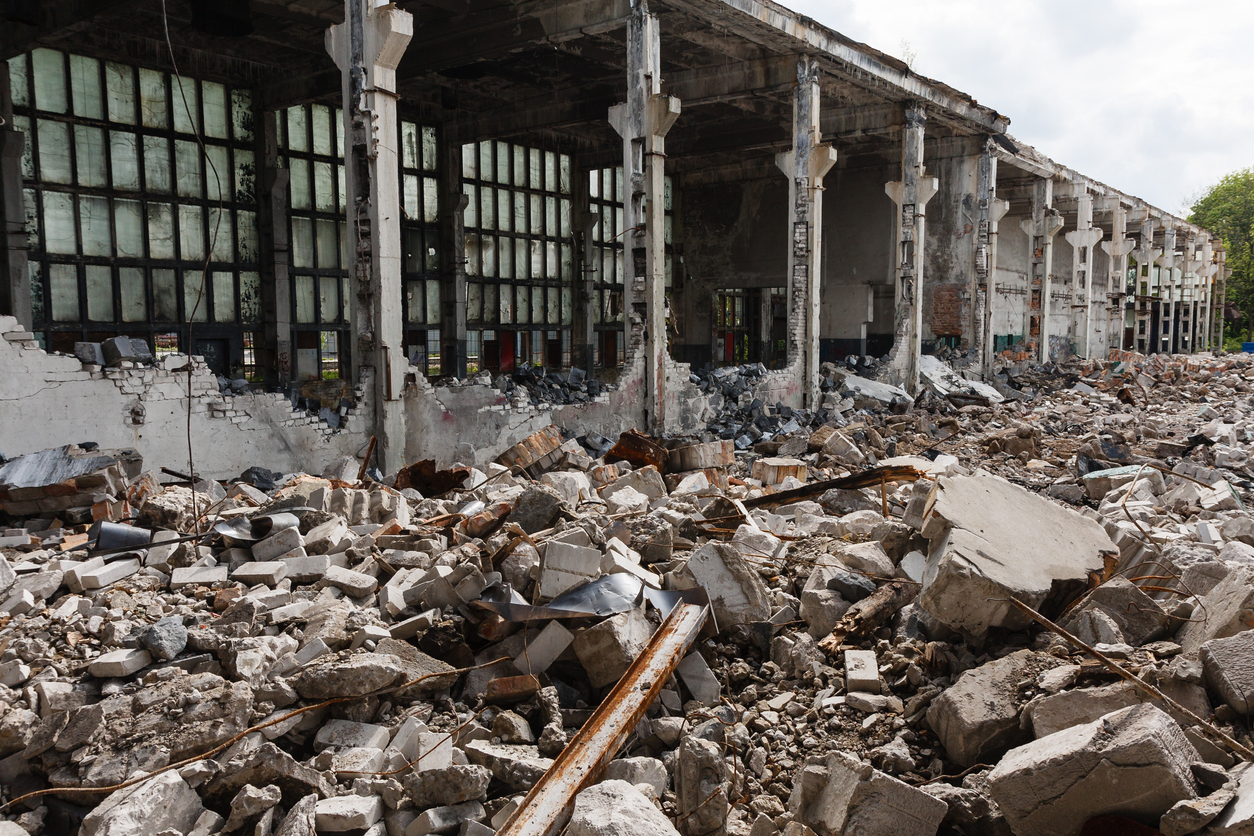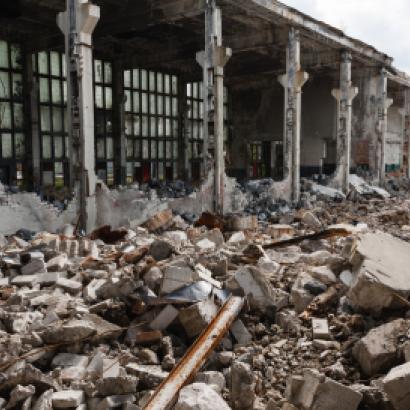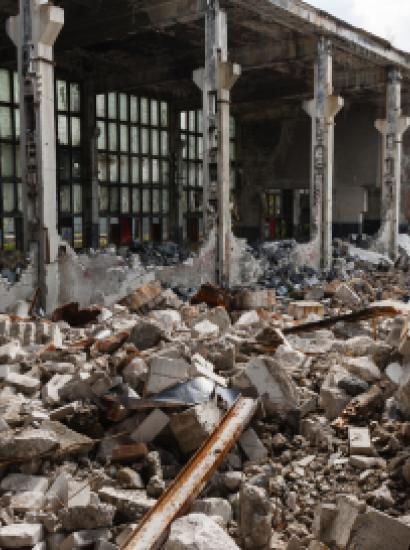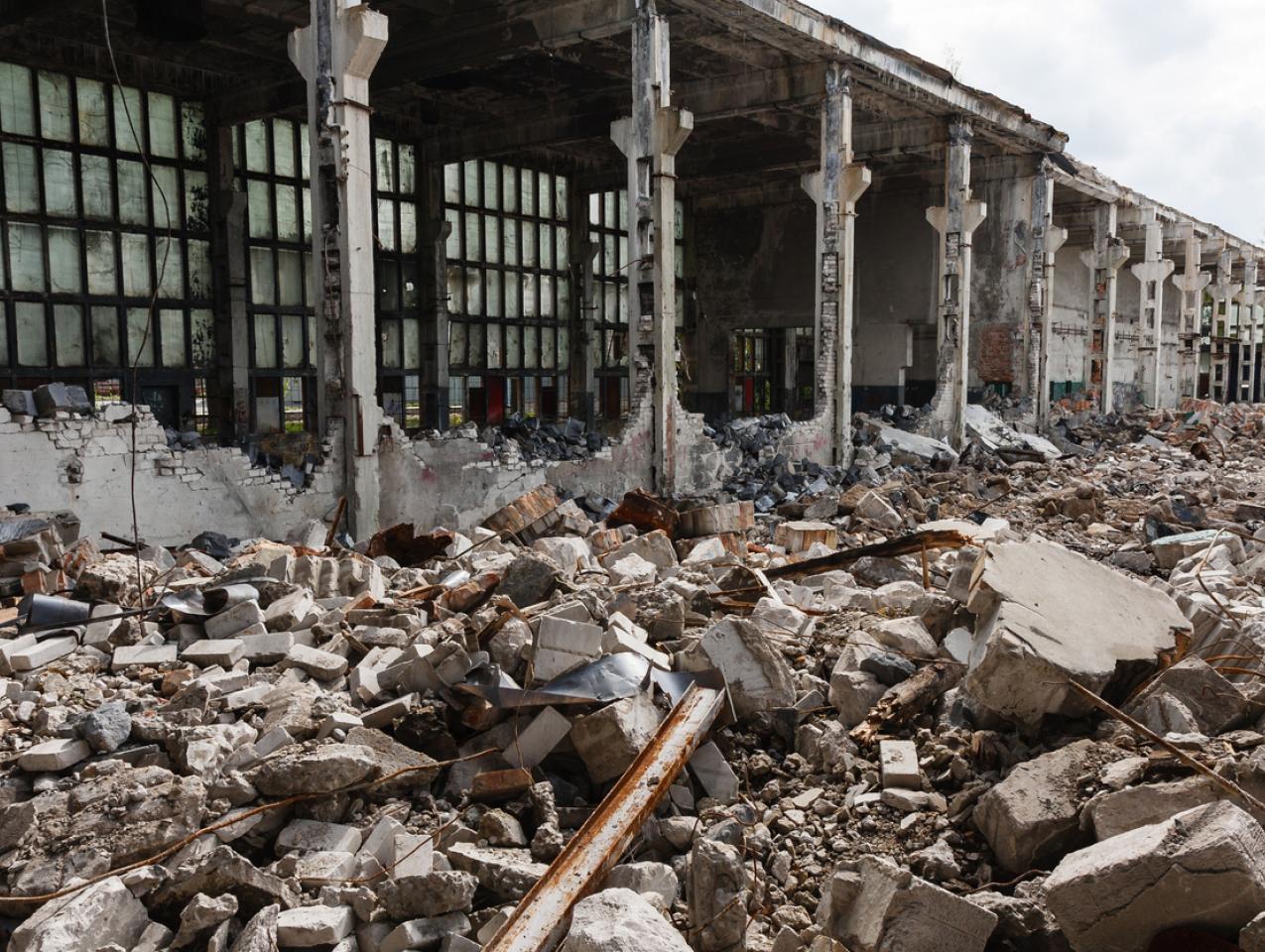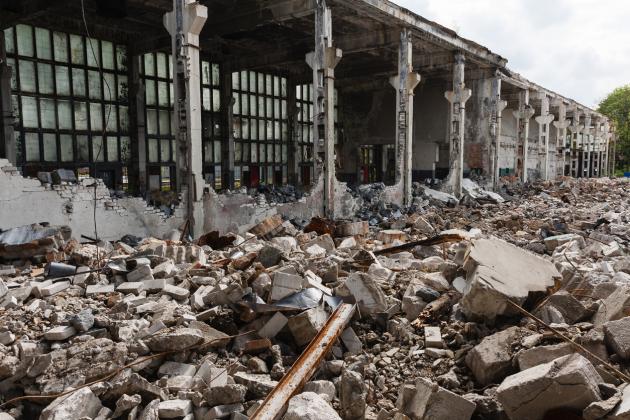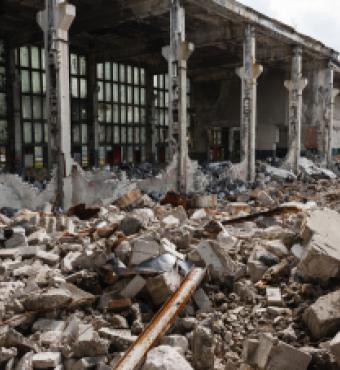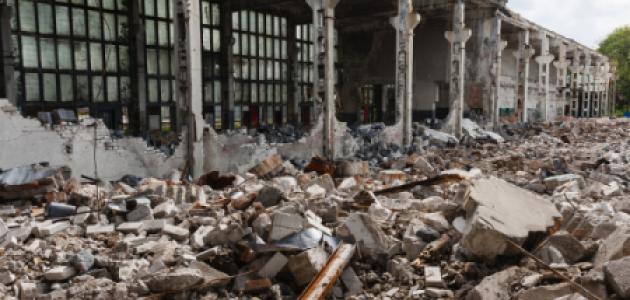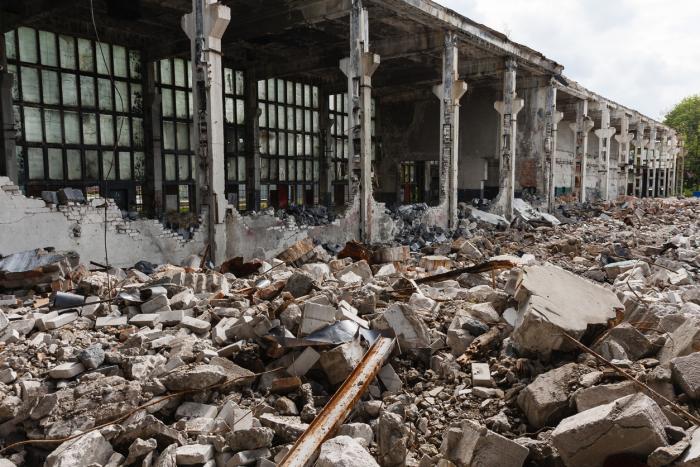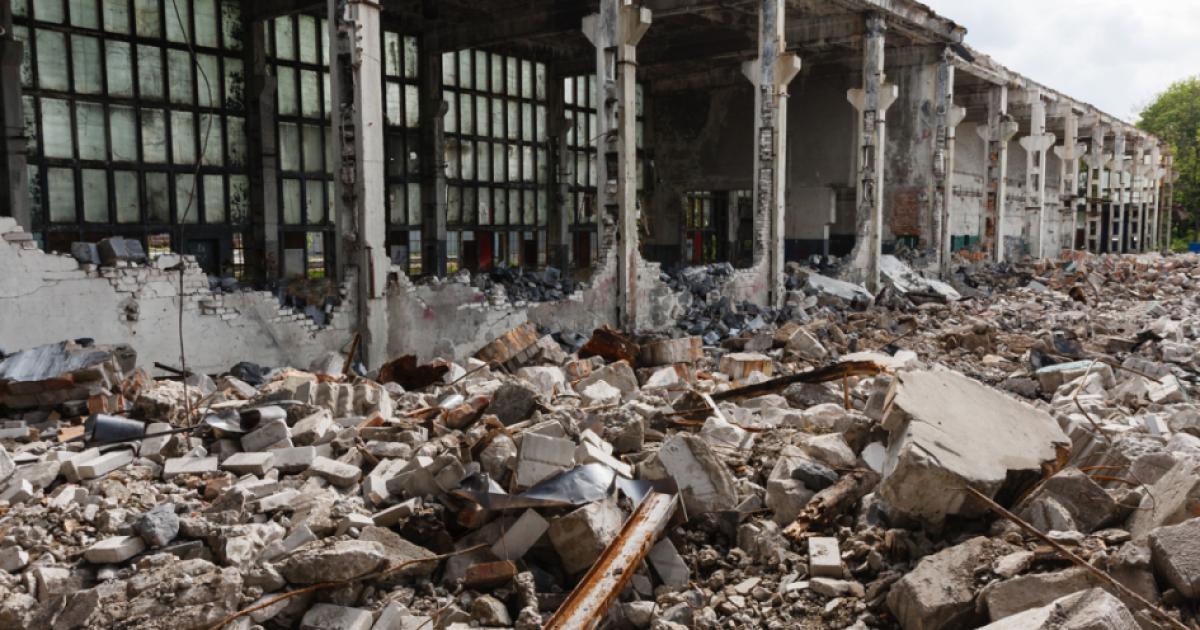- History
The war in Ukraine altered the nature and membership of NATO in a positive fashion. Although, without intense escalation—i.e., a widening war in Eastern Europe or East Asia—actual long-term positive change or membership augmentation, remains doubtful due to modernity’s false perception of mankind’s fallen nature. Thus, time decays NATO positivity.
Altered Nature
When the war began on February 24, 2022, it seemed a perceptive pivot back to Cold War defense doctrine and a corrective on the post-1991 halcyon milieu. Even within the corridors of the Beltway and Brussels, the Francis Fukuyama thesis of the end of history and democracy’s transcendence solidified.[1] The West assumed conventional warfare was dead. They were wrong. Thus, Russia’s 2022 invasion of Ukraine sobered many NATO countries, such as Germany; however, she already displays signs of a waning will with Chancellor Olaf Scholz’s trepidation to deploy promised Leopard 2 battle tanks. Moreover, many countries stated they would meet the two percent GDP defense spending requirement, but few have yet to match rhetoric with action, and after decades of monies feeding pensions rather than combat effectiveness, unless the war escalates little will change.
Altered Membership
The initial European reaction seemed to clarify grand strategic visions, not only in NATO’s thirty existing members, but with countries long prideful in their passivity, i.e., Finland and Sweden. In May 2022, both countries applied for NATO membership. This was a historic event, in particular for Sweden, whose last major wartime role occurred during the Napoleonic Wars. As of today, however, Sweden’s acceptance, due to Turkey’s blocking on religious grounds, hampers the process.
It is important to understand Putin. He is a rational actor and his doctrine comprises three key policies: nuclear parity with the United States, the reclamation as Eurasian hegemon, and the expansion of Russia’s geostrategic position. With Putin in power, his primary goal remains returning Russia to superpower status and countering the expanding NATO threat…his 2007 Munich Security Conference speech best exemplifies his doctrine.
NATO Positivity Decay
Russia’s 2022 invasion of Ukraine served as a corrective to those who believe that the curse of war abates from humanity. This line of reasoning, such as the works of Steven Pinker, assume that we continue to progress and have become less violent because no major global wars have occurred since 1945.[2] Historical and ontological truth educate otherwise.[3] Unless the war expands and escalates, NATO and the West will return to their disordered understanding of man’s nature with only American hard power holding them afloat. This is not a grand strategy that will win the next conventional war against an enemy with iron will and the finances to feed it.
—Edward A. Gutiérrez
[1] See Francis Fukuyama, The End of History and the Last Man (New York: Free Press, 1992). He reinforced his thesis when considering the Russo-Ukrainian War; see Francis Fukuyama, “A Country of Their Own: Liberalism Needs the Nation,” Foreign Affairs (May/June 2022).
[2] For example, see his recent work, Steven Pinker, Enlightenment Now: The Case for Reason, Science, Humanism, and Progress (New York: Viking, 2018). Paul Weithman counters this school of thought well. He contends, “Many of the best political theories now on offer are premised on psychologies that are extremely optimistic. They leave us without the conceptual resources necessary to understand the evil which human beings visit on one another.” Paul Weithman, “Augustine’s Political Philosophy,” The Cambridge Companion to Augustine, 2nd ed., eds. David Vincent Meconi and Eleonore Stump (Cambridge: Cambridge University Press, 2014), 249.
[3] Tanisha M. Fazal and Paul Poast provide a superb review of this certainty, and also note that the world wars “have severely skewed our sense of what war is” due to their size and scale. Tanisha M. Fazal and Paul Poast, “War Is Not Over: What the Optimists Get Wrong about Conflict,” Foreign Affairs (November/December 2019).







